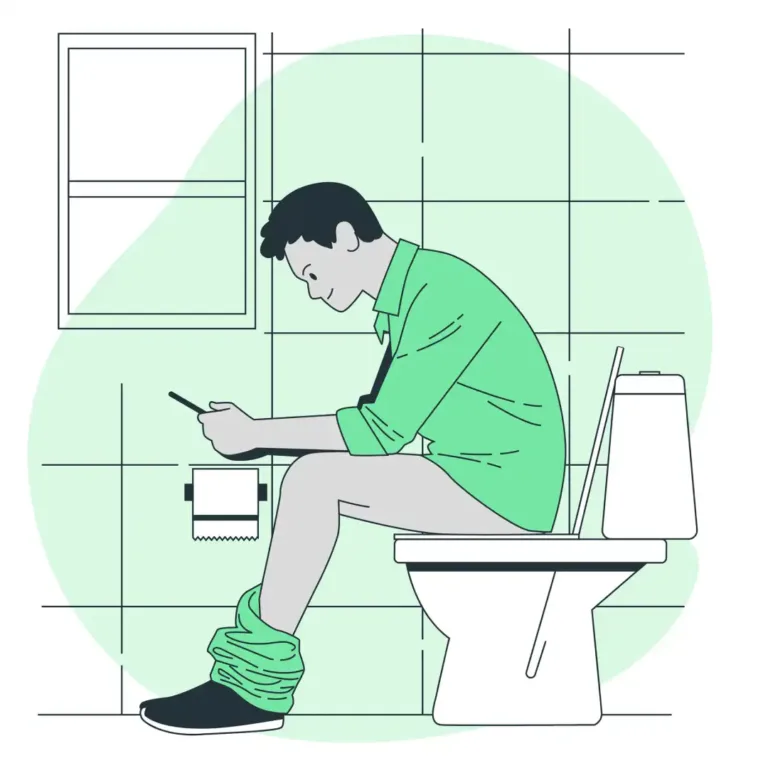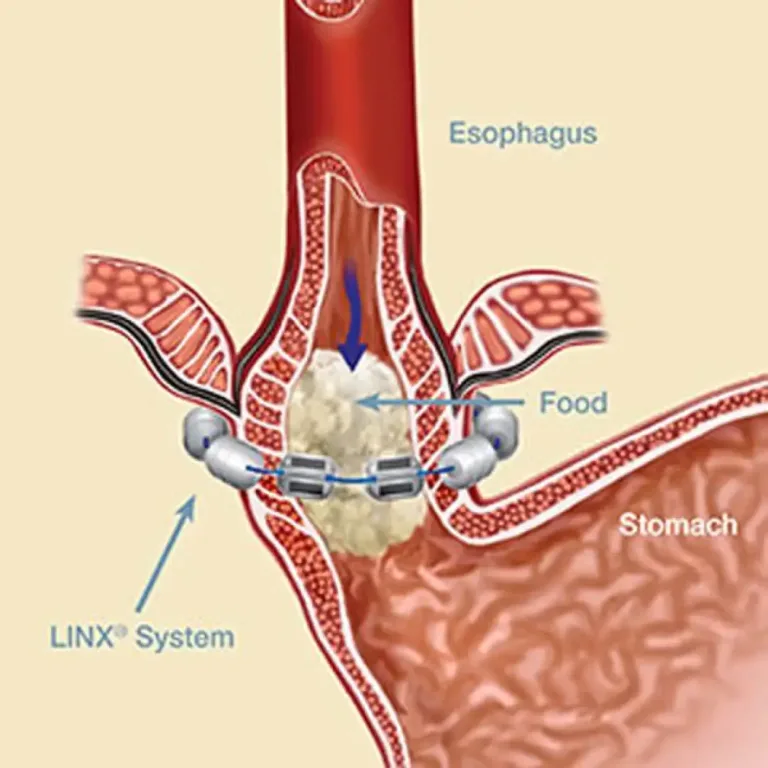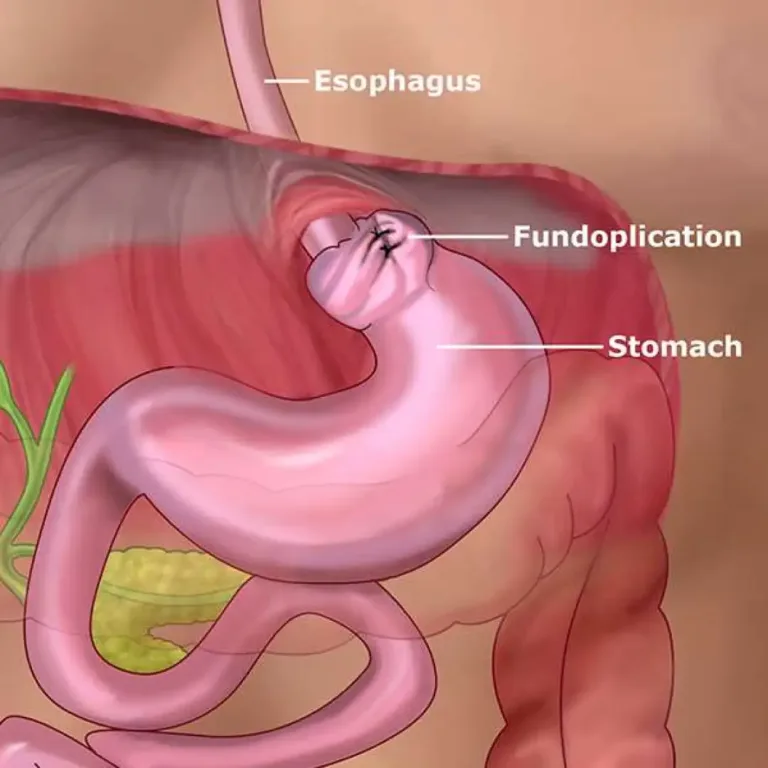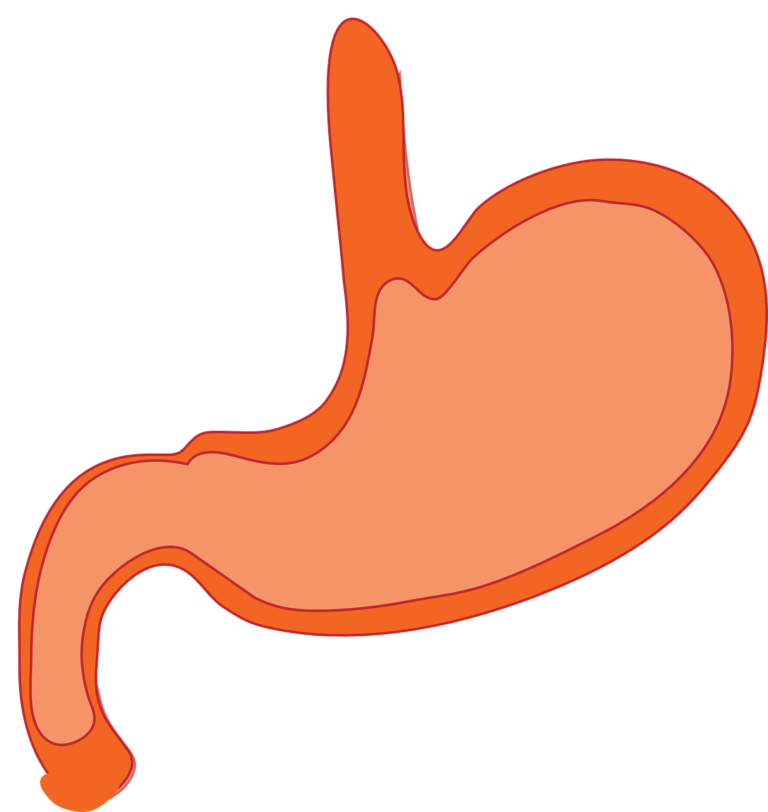If an individual is experiencing constipation, they may encounter difficulty in having a bowel movement more than three times a week. Additionally, their stools (faeces) may vary in size, appearing smaller or larger than usual, with a harder consistency that could make their passage challenging.
It is a common condition, and many individuals encounter constipation at some point in their lifetime. It often occurs without a definite cause.
However, if someone experiences constipation persistently for several weeks, it is recommended that they consult one of our specialists as it could be a sign of chronic constipation.
This page aims to provide an understanding of constipation and its associated symptoms.
Related Symptoms
- Abdominal pain
- Bloating
- Diarrhoea
- Nausea and vomiting
Symptoms
- Dry, lumpy, hard poo
- strenuous bowel movement
- Painful bowel movements
- Frequent full feeling
You may also feel like you haven’t fully emptied your bowels or as if something is blocking your bowels.
- Abdominal pain or cramping
- Feeling sick (nausea)
- Blood in your stool
- Loss of appetite
- Back pain
- Bloating
If you encounter symptoms such as bleeding, intense pain, or any other concerning signs, it is recommended to schedule an appointment with your doctor without delay. Such symptoms could be indicative of complications associated with or causing your constipation and should be evaluated by a medical professional.
Causes
There are numerous factors that may lead to constipation, some of which are prevalent, while others require medical attention. If you are uncertain about the underlying cause of your constipation, seeking advice from one of our specialists is recommended.
Several common causes of constipation are as follows:
- Dehydration, by not drinking enough water or overusing laxatives
- Not eating enough fibre
- Eating or drinking too many dairy products
- Another change in your diet
- Heightened stress levels
- Upper abdominal pain
- Being inactive, or less active than usual
- Ignoring the urge when you need to go to the bathroom
In order to prevent constipation, it is important to maintain proper hydration by consuming a minimum of three litres of water daily. If you are exposed to circumstances such as high temperatures or engage in physically demanding work that causes excessive sweating, it may be necessary to consume even more water to ensure adequate hydration levels.
Other causes include:
- Anal fissure, also a complication of chronic constipation
- A blockage in your colon or rectum
- Problems with your pelvic muscles or nerves
- Irritable bowel syndrome (IBS)
- Inflammatory bowel disease (IBD)
- Diverticulitis
Risk Factors
There are specific factors that can increase the likelihood of experiencing constipation, although their presence does not necessarily guarantee its occurrence. These risk factors may comprise:
- Over the age of 60
- People who are pregnant
- Recently gave birth (6 weeks or less)
- Diabetes, upsetting your hormone balance
- Certain cancers, such as colon and bowel cancer
- People with certain mental health conditions, such as depression and eating disorders
When is constipation an emergency?
Certain symptoms warrant immediate medical attention and should not be ignored. If you experience any of the following symptoms, it is recommended to seek prompt medical advice:
- More than a little blood in your stool
- Bleeding from your back passage
- Very dark or black stool
- Severe abdominal pain
- Constipation between bouts of diarrhoea
If you encounter these symptoms, it may indicate that you are bleeding in your digestive tract or experiencing an intestinal blockage, which can potentially become life-threatening emergencies. Therefore, seeking urgent medical attention is crucial.
Diagnosis
In order to diagnose your constipation, we will begin by enquiring about your medical history and conducting an assessment of your symptoms. This will include obtaining information about the duration of your symptoms, the nature of the symptoms, and any dietary alterations you have implemented.
If you observe that certain foods exacerbate your constipation, maintaining a record of these foods and notifying us of them would be beneficial.
It is imperative that we are aware of any other underlying medical conditions that you may have, as they could be contributing to or causing your symptoms.
Further diagnostic tests may be necessary to investigate the cause of your constipation. If we suspect that a problem with your colon is the root cause of your symptoms, we may suggest a colonoscopy.
In addition, we may perform blood tests to evaluate your hormone levels.
Treatment
As a preliminary step, it may be worthwhile to attempt some home remedies before seeking the advice of one of our specialists.
The following are some examples of home remedies that you may consider:
Lifestyle changes
If you are currently taking medication for another medical condition, such as diabetes or depression, it is important to discuss the potential side effects with your doctor. If your symptoms of altered taste persist, it is not advisable to simply tolerate them. Instead, we recommend scheduling an appointment with a qualified doctor or gastroenterologist for further evaluation and potential treatment options.
- Drinking plenty of water (at least 3 litres a day)
- Eating more high fibre foods
- Exercise regularly – daily walks can make a difference if you struggle with activity
- Managing your stress levels
If the aforementioned home remedies are ineffective, we recommend consulting with one of our specialists for further guidance.
We may prescribe medications to relieve your symptoms or suggest modifications to your current medication regimen if it is found to be contributing to your symptoms.
Following any necessary diagnostic testing, we may determine that a specific condition, such as IBS, is responsible for your symptoms. We can subsequently provide guidance on lifestyle modifications that may assist in reducing your symptoms and offer additional advice regarding your condition.





